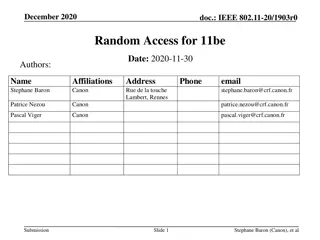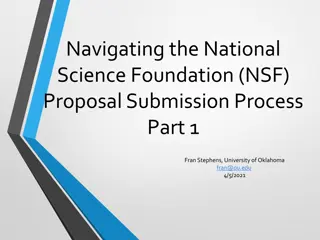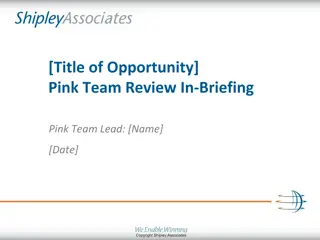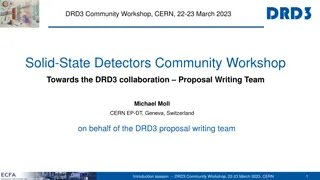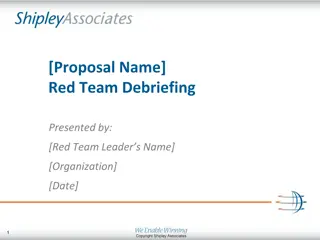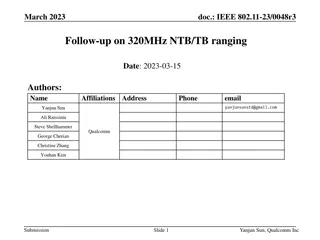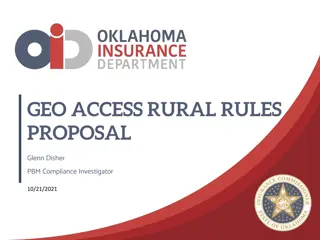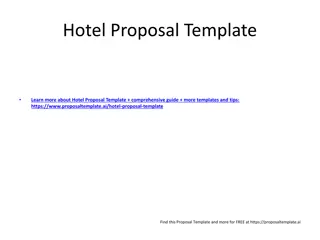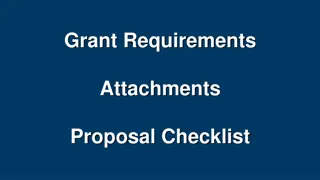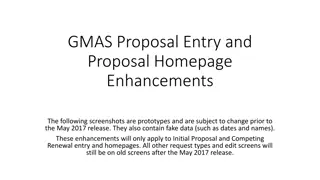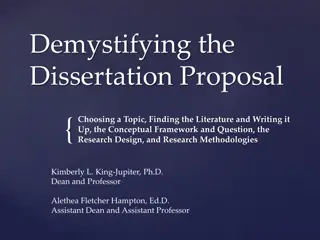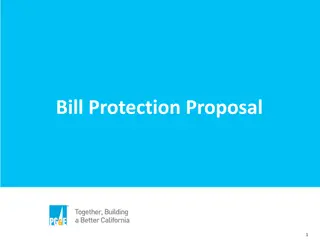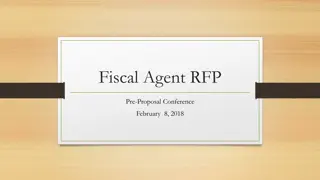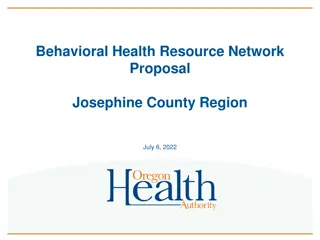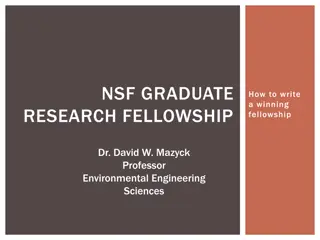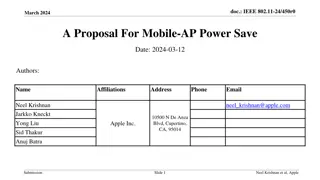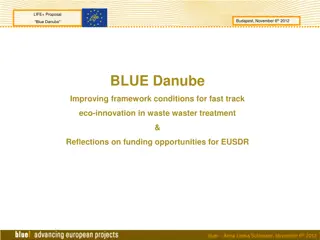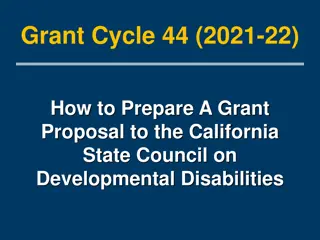Understanding the Research Proposal Process with EPSRC Focus
Research proposals play a critical role in securing funding for research projects. This content elaborates on what constitutes a good research proposal, emphasizes the importance of assembling a qualified team, and lists funding sources for UK Mathematics research, with a special focus on the Engineering and Physical Sciences Research Council (EPSRC).
Download Presentation

Please find below an Image/Link to download the presentation.
The content on the website is provided AS IS for your information and personal use only. It may not be sold, licensed, or shared on other websites without obtaining consent from the author. Download presentation by click this link. If you encounter any issues during the download, it is possible that the publisher has removed the file from their server.
E N D
Presentation Transcript
The peer review process (with particular focus on EPSRC) Susie Douglas
What is a research proposal? A document proposing a research project, requesting sponsorship for that research Research proposals generally address several key points: What research question(s) will be addressed, and how How much time and expense will be required for the research What prior research has been done on the topic How the results of the research will be evaluated How the research will benefit the sponsoring organisation and other parties
What makes a good research proposal? Ideas should be: Cutting edge science Creative Value for money Adventurous Have significant impact (that is relevant to the proposal)
Putting your team together Make sure you have all the expertise needed to deliver the research project If not, then involve collaborators: from your own institution from other UK universities from overseas from industry
A selection of funders of UK Mathematics research Simons Foundation MRC STFC IMA AXA Newton Fund AHRC EPSRC EU LMS Wellcome Trust Innovate UK ESRC NIH Marie Sk odowska-Curie BBSRC NERC Research England Royal Society James S. McDonnell Foundation Leverhulme Trust Royal Commission for the Exhibition on 1851
A selection of funders of UK Mathematics research Lister Foundation MRC STFC IMA AXA Newton Fund AHRC EPSRC EU LMS Wellcome Trust Innovate UK ESRC NIH Marie Sk odowska-Curie BBSRC NERC Research England Royal Society James S. McDonnell Foundation Leverhulme Trust Royal Commission for the Exhibition on 1851
The Engineering and Physical Sciences Research Council (EPSRC) Government agency Funder of training and fundamental research in engineering and physical sciences in the UK Spend approximately 450 million a year for investment in training and research Current Maths investment: 160M for 270 grants 5M for 9 research grants at Bath And SAMBa! ( 8.8M for 2 grants)
EPSRCs Strategic Plan 2015 Building Leadership Accelerating Impact Balancing Capability Goals: For UK to be positioned as international research leader, where discovery thrives and support generates highest quality research For UK s excellent research base & talented researchers to work with EPSRC to accelerate innovation for benefit of society and economy http://www.epsrc.ac.uk/newsevents/pubs/strategic-plan-2015/
EPSRC funding ~10,000 students CDT/DTP/ICASE Research proposals 5K travel grants 10M Programme grants Feasibility studies Fellowships Targeted areas (application, research)
An EPSRC proposal comprises Application form (money, personnel, contact details) Summary section Objectives Summary Academic Beneficiaries Impact A case for support to include: Track record of applicants (max 2 sides A4) Description of proposed research (max 6 sides) including impact summary and national importance Diagrammatic work plan (1 side A4) Justification of resources (2 sides A4) Pathways to Impact (2 sides A4)
An ITT proposal comprises Application form (money, personnel, contact details) Summary section Objectives Summary Academic Beneficiaries Impact A case for support to include: Track record of applicants (max 2 sides A4) Description of proposed research (max 7 sides) including impact summary and national importance Diagrammatic work plan (1 side A4) Justification of resources (2 sides A4) Pathways to Impact (2 sides A4)
Impact 13
Impact Academic impact The demonstrable contribution that excellent research makes to academic advances Across and within disciplines Including significant advances in understanding, methods, theory and application Economic and societal impacts The demonstrable contribution that excellent research makes to society and the economy. Embrace all the extremely diverse ways in which research-related knowledge and skills benefit individuals, organisations and nations by fostering global economic performance, and specifically the economic competitiveness of the United Kingdom, increasing the effectiveness of public services and policy, enhancing quality of life, health and creative output. Engaging the public with research can improve the quality of research and its impact, raise your profile, and develop your skills. It also enables members of the public to act as informed citizens and can inspire the next generation of researchers.
Peer review principles Assessment criteria and details of the peer review process are published before applicants submit proposals. A peer review process appropriate to the proposed research, and in proportion with the investment and complexity of the work is used. Transparency Appropriateness All participants are asked to declare interests when carrying out peer review activities so conflicts can be identified and managed. Managing interests Proposals are treated in confidence, and we ask those who advise us to do the same. Confidentiality Expert peer reviewers, mainly from EPSRC s College, assess the individual merit of all proposals against published criteria. Proposals that receive positive reviews are ranked for funding by assessing their merit against others. Principal Investigators have the right to reply to reviewers comments before proposals are prioritised. Expert assessment Prioritisation Right to reply Peer review of a proposal is separated from its funding decision: EPSRC staff make funding decisions based on peer review advice, but those acting as peers will not also be responsible for authorising its funding decision. Separation of duties No parallel assessment Multiple parallel assessments of a proposal s relative merit are avoided.
The EPSRC standard Peer Review Process Proposal Portfolio Manager Reviewers Unsupportive Supportive PI-Response Unfunded Peer Review Panel Rank Order Theme Lead EPSRC College Budget Funded Unfunded
Peer Review Criteria Excellence: Novelty, timeliness, context, ambition, adventure, methodology Importance: The importance of the proposed research project to the UK in relation to other research in that area Impact: Relevance and appropriateness of beneficiaries, collaborators, dissemination, knowledge exchange Applicant: Skills, track record, research partners, ability to deliver Resources & Management: Effectiveness of planning and management, appropriateness of resources and their justification Overall assessment: Conclusion
Role of the Panel Their primary role is: To generate a rank ordered list of research proposals in priority order for funding Based on: The assessment of the reviewers The applicant s response to reviewers Technical assessments from facilities (if relevant)
Consider your audience Assume you are writing for an informed layperson Set the context of the proposal Avoid jargon Assume nothing is self-evident, be explicit about: Where the novelty and excitement lies How you will undertake the research Risks and how you will manage them Who will contribute to the research The resources needed for this
Get feedback Ask for comments on your proposal from: Collaborators Experts in the field Someone outside of the research area People who are successful at gaining funding People you trust And always read the call documents and guidance




